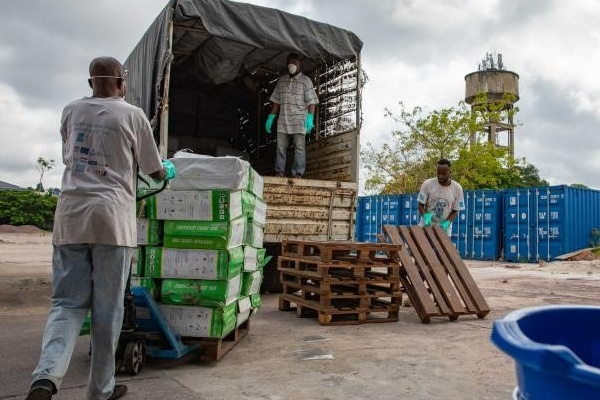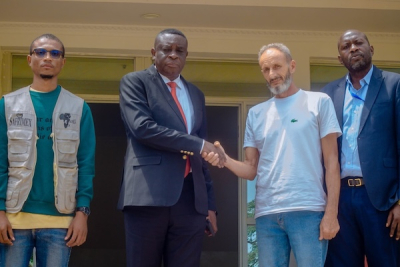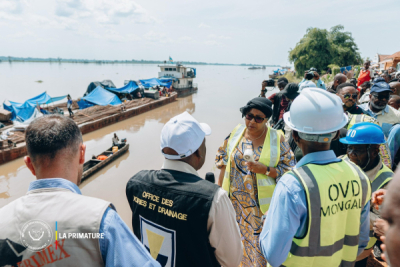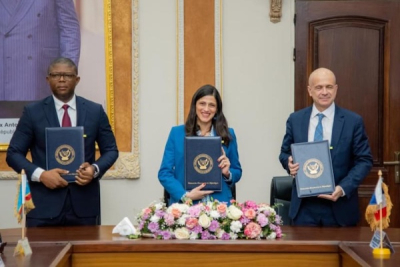The minimum daily wage doubled in the Democratic Republic of Congo (DRC), from $2.47 (CF7,075) in 2028 to $5.07 (CF14,500). The related decree was signed by Minister of Labor and Employment, Ephraïm Nametu, on December 31, 2024.
Set to take effect in February 2025, the change includes provisions for an annual increase of "at least 3% for each full year of uninterrupted service spent by the worker in the same company," according to the ministerial decree.
This decision stems from a social dialogue initiated in October 2024 among the Ministry of Labor and Employment, employers' organizations, and workers' unions. During these discussions, stakeholders recognized the urgent need to revise the SMIG to address the widening gap between minimum wage levels and the rising cost of living.
The wage increase comes amid a notable decline in inflation, which dropped from 23.75% on December 31, 2023, to 11% on December 28, 2024, according to data from the Central Bank. Additionally, on December 10, 2024, the government announced reductions in prices for basic necessities ranging from 5% to 11%, aimed at alleviating economic pressures on households and enhancing purchasing power.
The DRC's standard workweek consists of five or about 20 working days per month. This translates to a potential monthly SMIG of around $101.5 (CF290,000). Now, the challenge will be ensuring this new wage structure is effectively implemented across all sectors.
Charlène N’dimon










